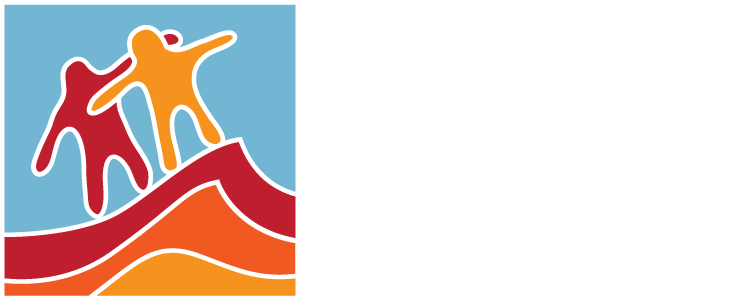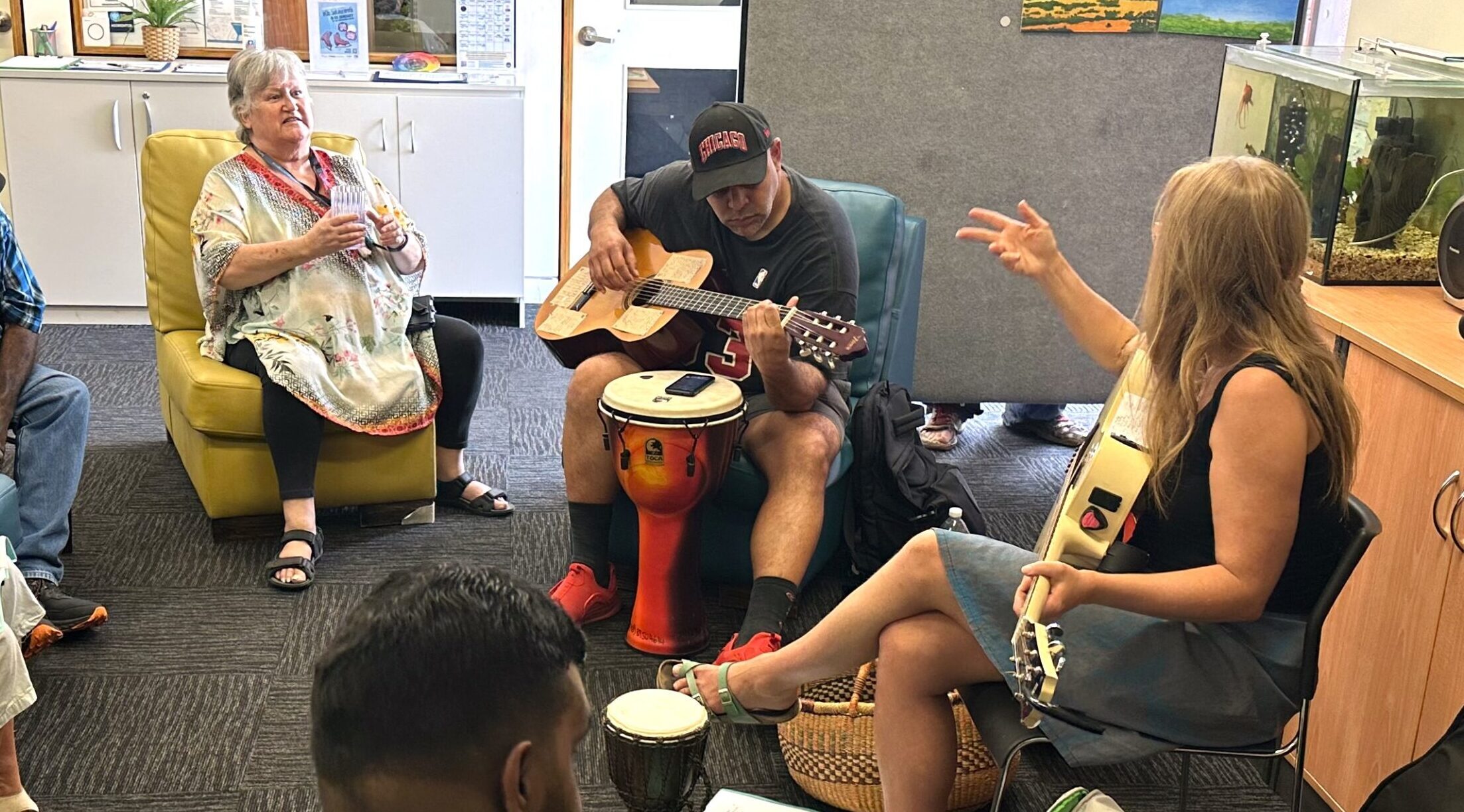Highlights in February include Smart Eating Week between Monday 12 and Friday 16 as part of our Healthy Bodies Support Healthy Minds program. Different activities will be held during that week to support improving our wellbeing through eating healthy:
- Tuesday 11 February: Make your own smoothie
- Wednesday 12 February: Flynn Drive Dietitians interactive activity and healthy snacks
- Thursday 13 February: Make your own healthy pizza
The Participant Wellbeing Day will be on Wednesday 26. Participants who attend can get free haircuts, massages, nail care, a healthy lunch and a wellbeing pack.
Weekend activities include Cinema, Ten Pin Bowling and a Picnic and Swim at the Town Pool.
Download or view the February Group Activities Calendar 2025.
Call 08 89504600 or email info@mhaca.org.au to inquire about group activities for people living with mental health challenges or how to book an intake interview.
Email intake@mhaca.org.au to enquire about an intake interview, or download the MHACA referral form.
MHACA can also provide individual support and is a registered NDIS provider.
In addition to structured activities, a Drop-in Centre is open Monday, Tuesday, Thursday and Friday from 8.30am – 3pm, Wednesday from 8.30am to 1.30pm.
The Drop-in Centre is a welcoming space where people can connect with others and participate in activities. It provides:
- a comfy lounge area
- kitchen facilities
- computers with internet access
- activities such as board games and craft
- musical instruments
- laundry and bathroom facilities.


